Recommendations of the First International Conference on Coptic Archeology (Language - Architecture - Arts - Manuscripts)
The Scientific Committee of the First International Conference on Coptic Archeology extended its sincere thanks and greetings to His Holiness Pope Tawadros II, Pope of Alexandria and Patriarch of the See of St. Dr. Lauren Colon, Director of the French Scientific Institute of Oriental Archeology in Cairo. - M. Wassef Boutros Ghaly, President of the Coptic Antiquities Society, and Dr. Murad Wahba on his behalf.
The conference also valued the efforts of the Ministry of Tourism and Antiquities and various state institutions in preserving Coptic antiquities and in reviving the path of the Holy Family.
The committee recommended that this conference be held every two years, provided that the organizing committee prepares for it, and the researchers in the conference are given a month to send research after placing it in the publication template of the French Institute of Oriental Archeology in Cairo, in order to prepare it for publication in early 2023 and add an axis in the next conference on the restoration and maintenance of Coptic monuments.
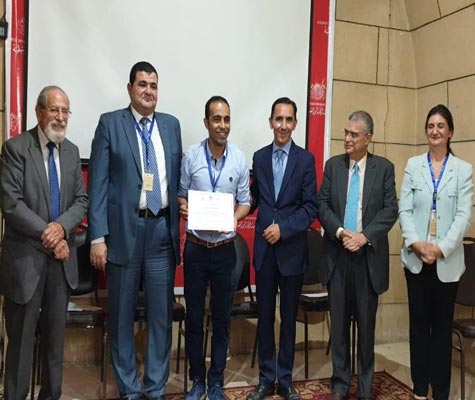 |
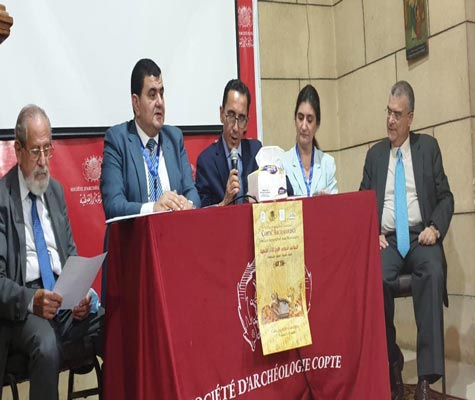 |
|
This came during the closing session of the conference, which was chaired by Prof. Dr. Ahmed El-Shouki, Vice Dean of the Faculty of Archeology for Postgraduate Studies and Research, Chairman of the Scientific Committee of the Conference, Prof. Dr. Zawash Abbas, Director of Studies at the French Institute of Oriental Archeology in Cairo, Prof. Dr. Sami Sabry, former Dean of the Institute of Coptic Studies and Emeritus Professor of Architecture at the Faculty of Engineering, Cairo University, and Prof. Dr. Meri Misak, Professor of Christian Archeology at the Faculty of Tourism and Hotels, Helwan University, and Prof. Dr. Mourad Wahba, Vice President of the Coptic Archeology Society.
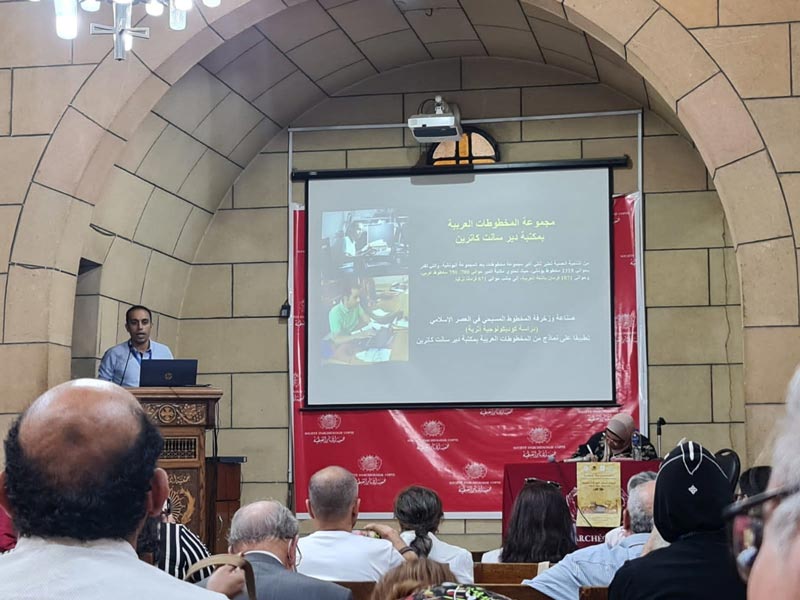 |
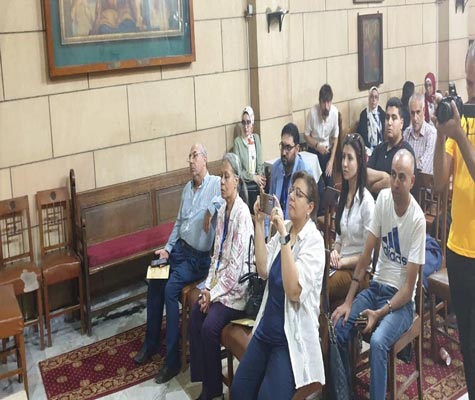 |
|
The conference recommendations were as follows:
Working on preparing a plan for the restoration, documentation and registration of icons in Egyptian churches and monasteries, creating a database for them, and publishing them in a catalog for each church in both English and Arabic, praising the efforts of the Egyptian state in reviving and documenting the path of the Holy Family in Egypt.
Interest in publishing and studying Coptic Ostraca documents.
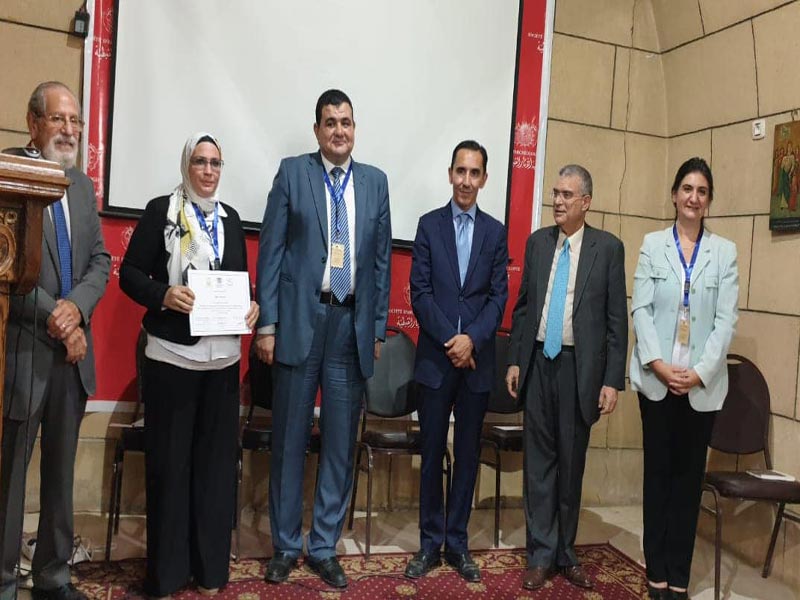
Recommending the completion of the Coptic Museum database to assist researchers and benefit from it in various research fields.
Focusing on the necessity of studying the intangible heritage and social life of the Copts with the help of related documents and sources.
Creating a database of Coptic manuscripts in monasteries, churches and public libraries and making it available to researchers, while publishing it on the Internet for the benefit of researchers inside and outside Egypt.
Focusing on the study of inks, papers, and materials used in the implementation of Coptic manuscripts, and in the implementation of icons and frescoes.


.svg)




